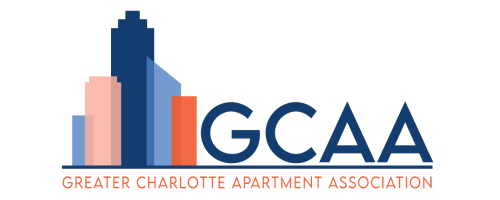Creative Solutions To Affordable Housing
During Charlotte City Council’s most recent retreat, affordable housing discussions were front and center. Currently, Charlotte City Council has the means to put a $50 million affordable housing bond on the ballot in 2024, 2026, and 2028. However, the NEST Commission, Charlotte’s neighborhood committee, wants the bond to be $100 million. They propose $25 million going to anti-displacement measures. If the bond passes, will it be enough to solve Charlotte’s housing affordability problem?
Perhaps it’s time for City Council to embrace other creative strategies for tackling housing affordability. Charlotte’s Uptown has taken a hit as businesses have cleared out and adapted to hybrid working schedules. According to the National Apartment Association, more than 55,000 office-to-apartment conversions are expected to be created this year across the country. Is converting Uptown’s empty office space into apartments the solution to Charlotte’s housing affordability problem? This solution isn’t simple. Commercial spaces require structural modifications to meet residential standards, adding to the overall cost. While this approach might not financially work for all developers, it's possible some might be able reuse empty offices.
Another potential solution is converting motels into affordable housing. The City of Charlotte wants to reduce the number of motels in high-crime areas, specifically the dozen at the Sugar Creek and I-85 corridor. As builders look for creative solutions to tackle housing affordability and give back to their community, it’s crucial we support their efforts.
Developers who rely on Charlotte’s affordable housing bond know how important that funding is to their projects. It’s important for us to acknowledge the team effort required to bring the necessary change to our community. With City Council doing their part and local developers embracing affordable housing solutions, Mecklenburg County’s future is looking bright.
